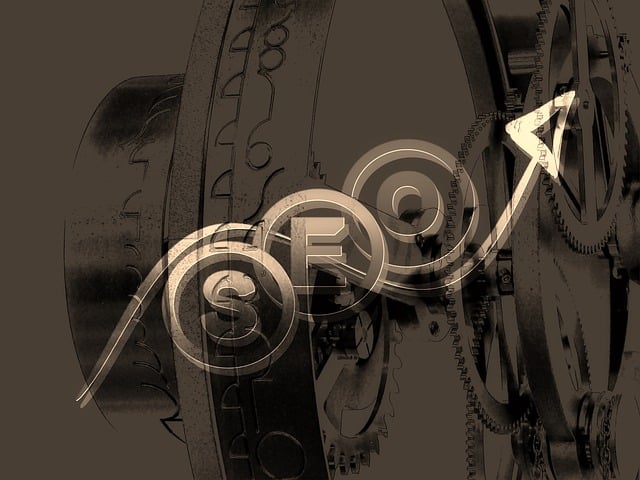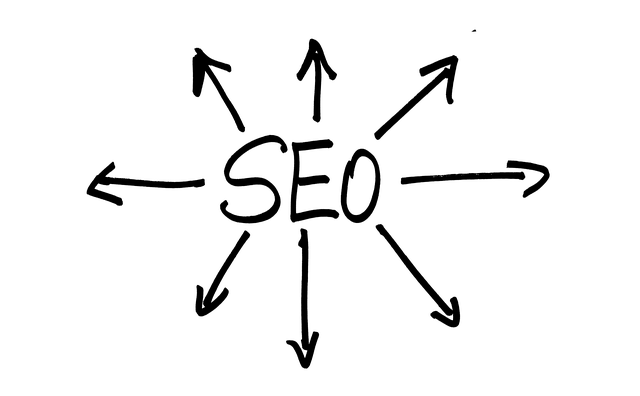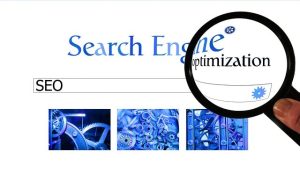An SEO agency specializing in e-commerce optimizes product listings through keyword research, content creation, and structured data markup to boost online visibility and sales. They focus on crafting compelling titles and descriptions, incorporating relevant keywords naturally, and enhancing visual content for better search engine rankings and user experience. Backlink building from reputable sources is also crucial for improving domain authority and search rankings. Regular analysis of SEO performance using tools like Google Analytics enables strategic adjustments, ensuring product listings remain visible and drive conversions.
In today’s competitive e-commerce landscape, optimizing product listings is no longer an option—it’s a necessity. As consumers increasingly rely on search engines to find products, a well-optimized listing can drive significant traffic and sales. This comprehensive guide explores the intricate world of SEO for product listings, from understanding their paramount importance to leveraging high-quality visual content and crafting compelling meta tags. Discover how an SEO agency specializing in e-commerce websites can help elevate your product visibility and capture valuable customer attention.
Understanding Product Listings and Their SEO Importance

Product listings are the backbone of any e-commerce website, serving as digital storefronts for individual items or categories. They provide essential details about products, including descriptions, prices, features, and benefits, aimed at guiding customer decisions and driving sales. In today’s competitive online marketplace, an SEO agency for e-commerce websites recognizes that optimizing these listings is paramount to enhancing visibility and attracting potential buyers.
Search engine optimization (SEO) plays a pivotal role in ensuring product listings stand out among millions of competitors. Well-optimized listings not only improve search engine rankings but also significantly increase click-through rates, leading to higher conversion rates. An SEO agency can implement effective strategies, such as keyword research and integration, compelling content creation, and structured data markup, to make product listings more searchable and appealing to both customers and search engines.
Key Elements of Effective Product Listing Optimization

Optimizing product listings is a powerful strategy for any e-commerce business aiming to boost its online visibility. When a customer searches for products, they often scroll through multiple pages of results. Your goal as an SEO agency for e-commerce websites is to ensure your clients’ products appear at the top of these search results. This begins with crafting compelling and informative product titles that include relevant keywords. For instance, using terms like ‘best-selling’ or ‘customer favorite’ can enhance both click-through rates and sales.
Additionally, detailed product descriptions are essential. These should not only explain what the item is but also highlight its unique selling points and benefits. Incorporating keywords naturally throughout the description text helps search engines understand the content better. Furthermore, optimizing product images with alt tags and ensuring they are of high quality will enhance user experience and may even improve your site’s ranking. Effective listing optimization considers both the customer’s needs and search engine algorithms, ultimately driving more traffic to the website.
Researching Keywords for Maximum Impact

When optimizing product listings for search engines, keyword research is a fundamental step that cannot be overlooked. An SEO agency for e-commerce websites understands the importance of targeting the right keywords to increase visibility and drive organic traffic. By delving into industry-specific terminology, brand names, and commonly searched terms, businesses can ensure their product pages are found by potential customers. This involves analyzing competitors’ strategies, identifying long-tail keywords, and staying updated with market trends to capture a wide range of relevant searches.
A strategic keyword research process allows e-commerce sites to create compelling meta titles, descriptions, and content that resonate with search engine algorithms. It helps in ranking higher for highly competitive terms while also uncovering opportunities for less saturated keywords. As the digital landscape evolves, adapting keyword strategies ensures that product listings remain optimized, attracting more qualified leads and ultimately boosting sales.
Crafting Compelling Title Tags and Meta Descriptions

Crafting compelling title tags and meta descriptions is a crucial aspect of an SEO agency’s strategy for e-commerce websites. These elements serve as the first point of contact between potential customers and your product listings, making them vital to driving clicks and conversions. A well-optimized title tag should accurately reflect the product’s nature, include relevant keywords, and stand out in search results. It needs to be clear, concise, and enticing enough to capture the user’s interest and motivate them to learn more.
Meta descriptions, on the other hand, provide a brief overview of what users can expect when clicking through to your listing. They should not only include target keywords but also offer a compelling reason for users to purchase the product. An effective meta description can significantly increase click-through rates by presenting the unique value proposition of your offering in just a few words. When an SEO agency for e-commerce websites optimizes these components, it enhances the visibility and appeal of product listings, ultimately leading to improved engagement and sales.
Leveraging High-Quality Visual Content

In today’s visual-centric digital landscape, leveraging high-quality visual content is paramount for an SEO agency specializing in e-commerce websites. Product listings that incorporate stunning images, detailed videos, and interactive 360-degree views not only enhance user experience but also significantly boost search engine rankings. Visual elements help shoppers understand products better, increasing the likelihood of conversions.
For an effective strategy, ensure that all visual content is optimized with relevant alt tags, descriptive file names, and proper compression to expedite loading times. This not only aids in SEO but also contributes to a seamless user experience on e-commerce websites, encouraging visitors to explore further and ultimately purchase products.
Enhancing Product Description with Relevant Keywords

To optimize product listings, an SEO agency for e-commerce websites recommends weaving relevant keywords naturally into product descriptions. This involves identifying and incorporating high-volume, low-competition keywords that accurately describe the item’s features and benefits. For instance, if you’re listing a “smart home speaker,” terms like “voice control,” “high-fidelity sound,” and “multiroom audio” should be integrated seamlessly to attract tech-savvy shoppers searching for these specific functionalities.
By enhancing product descriptions with these targeted keywords, your listings gain visibility in search engine results pages (SERPs), increasing the chances of potential customers discovering your products. This strategy is especially crucial for e-commerce websites where competition is fierce, and consumers often browse through countless options before making a purchase decision.
Building Quality Backlinks for E-commerce Websites

Building quality backlinks is a crucial aspect of SEO for e-commerce websites, as it significantly boosts online visibility and drives organic traffic. An SEO agency specializing in e-commerce understands the importance of securing high-quality links from reputable sources to enhance domain authority and search rankings. This strategy involves identifying relevant industry websites, blogs, and influencers that can provide valuable backlinks. Engaging with these platforms through guest blogging, product reviews, or sponsored content allows for natural link acquisition, ensuring your e-commerce site gains exposure to a wider audience.
A reputable SEO agency will employ various techniques to build these links, including creating compelling content that naturally attracts backlinks, such as in-depth guides, how-to videos, or case studies showcasing the expertise and value of the e-commerce brand. Additionally, they may leverage relationship-building strategies to foster partnerships with influential brands or media outlets, further strengthening the backlink profile of the e-commerce website.
Measuring and Analyzing SEO Performance for Product Listings

Measuring and analyzing SEO performance is crucial for any e-commerce business aiming to boost sales through search engine rankings. By utilizing tools provided by search engines like Google Analytics, businesses can track key metrics such as click-through rates (CTR), average position, and conversion rates. These insights help identify high-performing keywords and pages that drive the most traffic and sales, allowing for strategic adjustments to SEO strategies.
An SEO agency specializing in e-commerce websites plays a vital role here. They employ advanced techniques and tools to monitor not only organic traffic but also user behavior on product listings. This data enables them to optimize content, meta tags, and images, ensuring that each listing aligns with current search engine algorithms. Regular analysis and adjustments ensure that product listings remain visible and relevant, ultimately driving more qualified leads and conversions for the e-commerce business.
